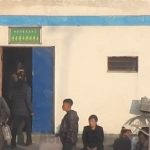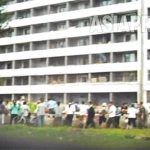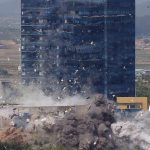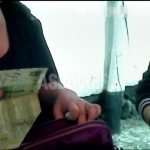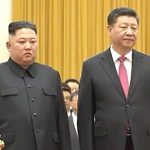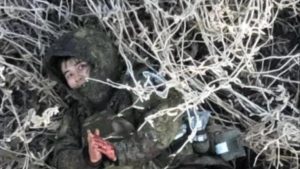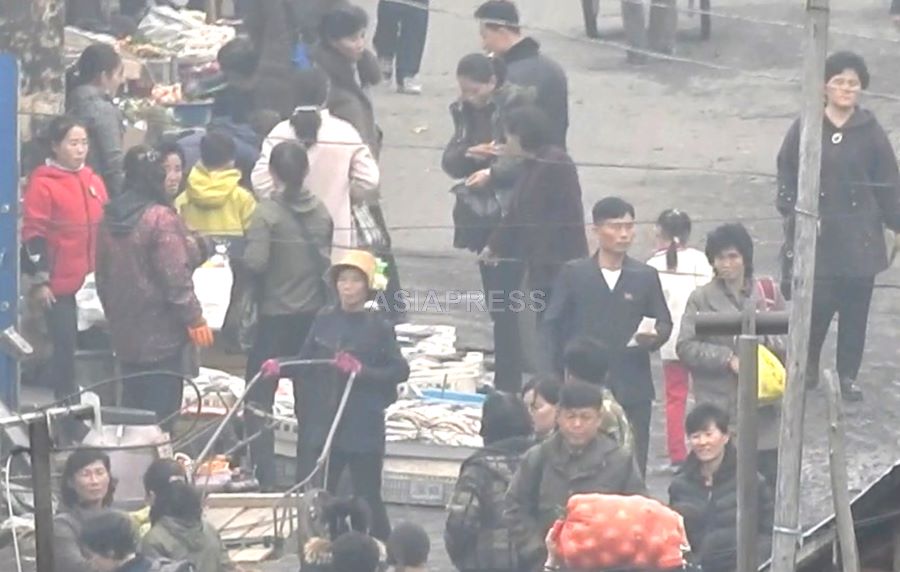
Chaos is rapidly spreading in North Korea as prices soar. Compared to earlier this year, white rice is up 1.65x, gasoline 2.15x, and US dollar 3.3x, prompting residents to cry out "We can't survive." Authorities are taking harsh measures, announcing severe punishment for hoarding, confiscating merchants' goods, and conducting home raids. (ISHIMARU Jiro / KANG Ji-won)
◆ Frenzied Price Increases
ASIAPRESS conducts weekly price surveys in northern provinces: Ryanggang, North Hamgyong, and North Pyongan. Here are unofficial market prices from January and late November. Fuel and food prices are per kg in North Korean won. Food sales were banned in public markets around January 2023, now traded unofficially between individuals. Fuel and foreign currency rates are also unofficial.
Gasoline 13,000 → 28,000 2.15x
Diesel 12,000 → 21,000 1.75x
White rice 5,700 → 9,400 1.65x
Corn 3,100 → 4,300 1.38x
Chinese Yuan 1,260 → 3,200 2.54x
US Dollar 8,450 → 28,000 3.30x
※ 1,000 won equals about 0.12USD in early January, about 0.036USD in late November.
◆ Prices Surge Even at State-Run Food Shops
It's not just unofficial prices rising. State-run grain shops show price instability.
Since 2022, these shops had "fair pricing," selling to residents twice monthly, 7-10kg per household at 5,000 won for white rice and 2,500 won for corn. However, early December surveys at three shops in Ryanggang and North Hamgyong showed prices increased to 8,500 won for rice and 3,100 won for corn.
Source A from Ryanggang province reports, "Corn is mixed with moldy, damp product, quality has deteriorated." The state appears unable to maintain adequate food distribution.
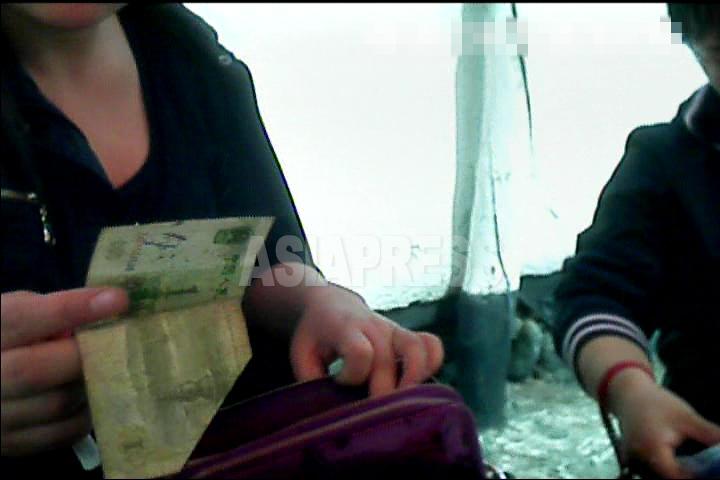
◆ "Blame Capitalist Remnants"... Goods Seizures and Home Raids
Authorities claim price increases result from merchant hoarding and illegal foreign currency circulation, implementing harsh measures. Source B from the northern region reports:
"They're arresting small merchants, confiscating goods, even conducting home raids. Anyone looking slightly well-off is suspected. They issue warrants recklessly and raid homes. On December 12, two homes in my neighborhood watch unit (inminban) were searched. Officials have no real solutions for price increases."
※ Inminban: North Korea’s smallest administrative unit typically comprising 20-30 households, about 60-80 people.
Source A reported on December 7 Women's Union meeting:
"Officials said: 'Price increases are caused by money holders (new rich) and merchants. We must eliminate corrupt capitalist remnants. We'll strictly control hoarding and foreign currency price manipulation. These people ignore our sacred national currency, blinded by foreign money, preying on our economy.' They announced severe legal punishment for foreign currency traders."
※ Women's Union: Organization mainly comprising housewives without formal workplace affiliation.
